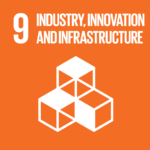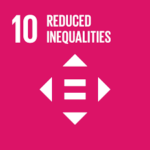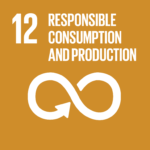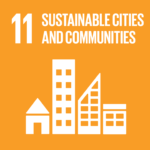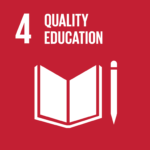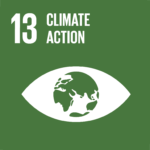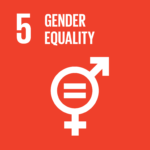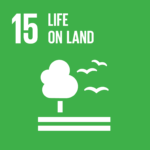Facilitating access for those with print disabilities is key to HarperCollins’s commitment to promoting literacy. We are part of the Accessible Books Consortium’s Charter for Accessible Publishing, supporting the production of accessible format books, and work with TIGAR to exchange accessible books globally. HarperCollins also partners with Bookshare, an online library for people with print disabilities, to provide free content, and works with the UK’s Royal National Institute of Blind People.
Relevant SDG’s
